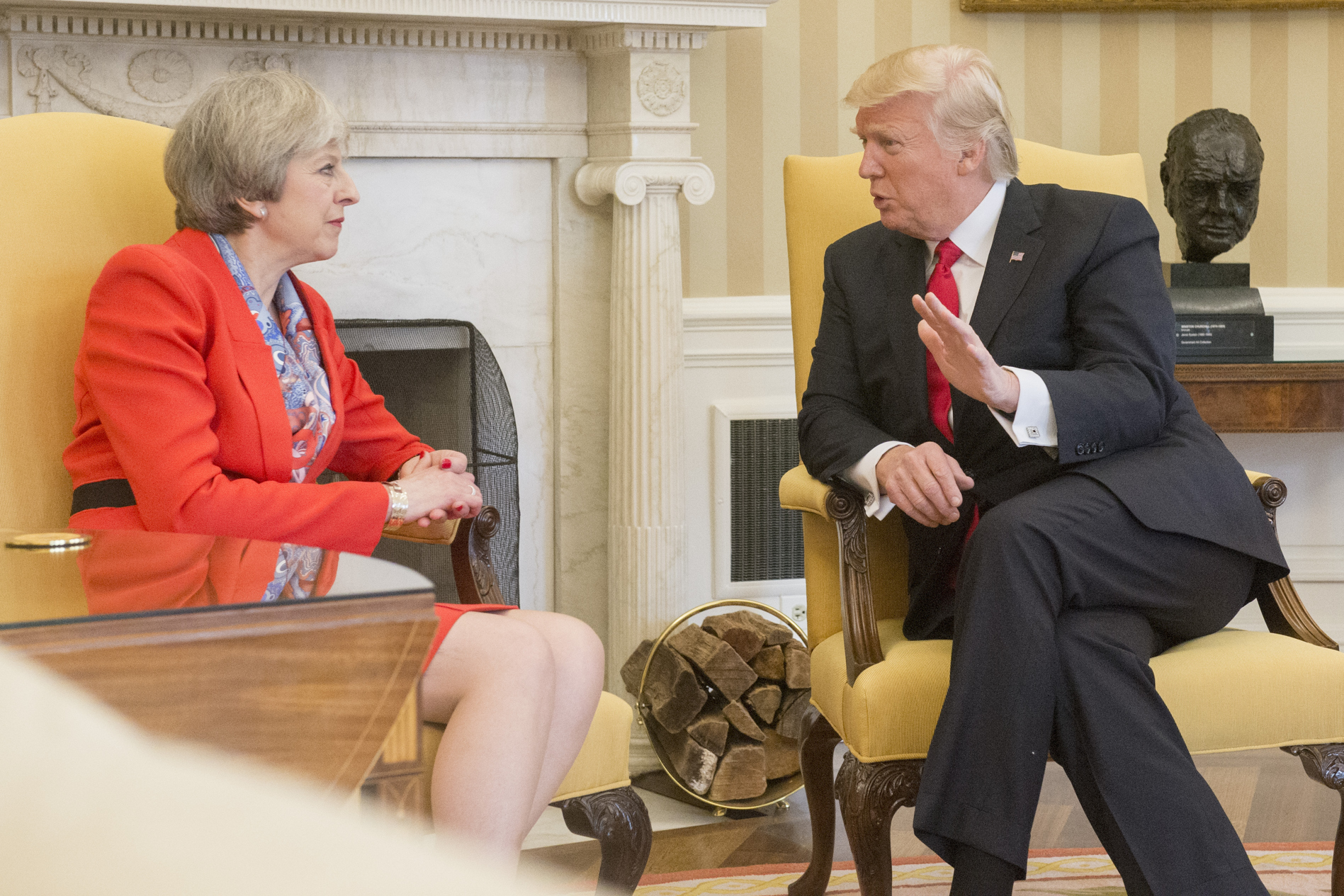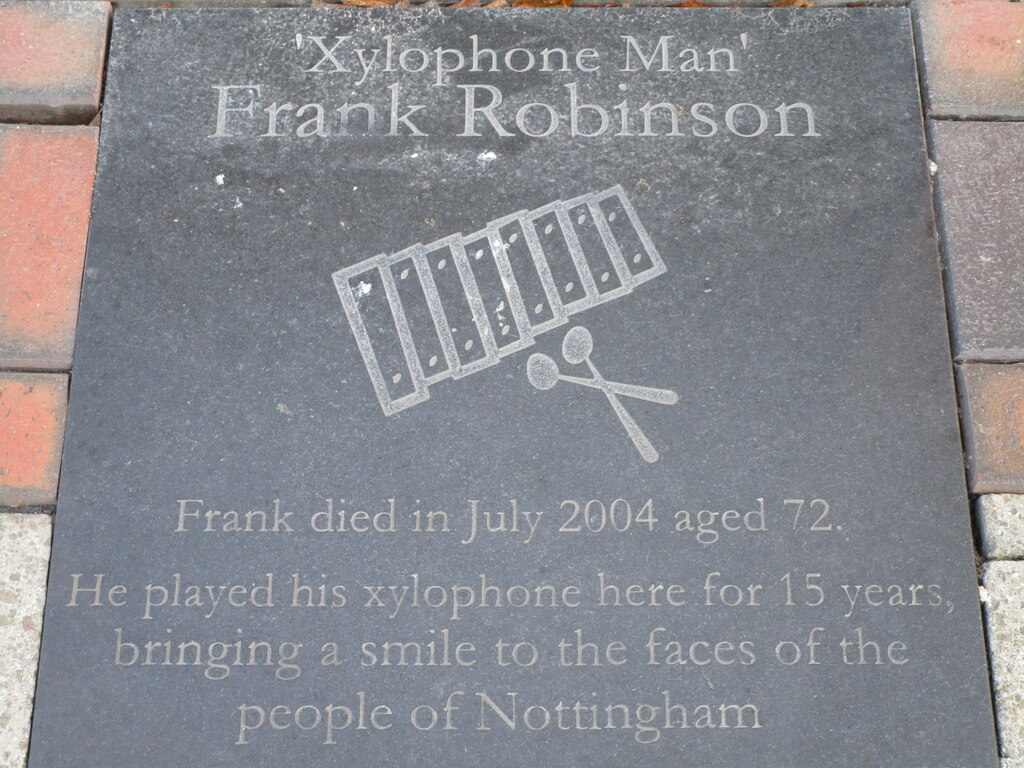The parallels between last Friday’s audacious mini-budget, with its extensive tax cuts and its focus on boosting investment and growth, and Anthony Barber’s ill-fated ‘dash for growth’ budget in 1972 have been noted in several quarters. Paul Johnson of the Institute for Fiscal Studies, for instance, described Kwasi Kwarteng’s budget as, ‘the biggest tax-cutting event since 1972’, before noting gloomily that Barber’s budget is generally seen as ending in disaster.[1] And William Keegan, writing in the Observer, recalled Barber’s declared objective ‘To achieve a rate of growth twice as fast as in the past decade’.[2] The following months, both articles point out, would demonstrate the folly of seeking an accelerated rate of growth at a time of serious inflationary pressures.
What has not been noted, however, is the strange symmetry in the way that both Barber’s budget and Kwarteng’s mini-budget were linked to the European policies of the Edward Heath and Liz Truss governments. One of the key rationales behind Barber’s budgetary radicalism, most historians agree, was to ready the United Kingdom’s economy to exploit to the full the economic opportunities opened up by the flagship policy of the Heath government, namely entry into the European Economic Community. Christopher Chataway, one of the Industry ministers charged with implementing the expansionary 1972 policies, would later recall ‘the driver for it was entry into the [European] Community’[3] Similarly John Young argues that ‘The ill-fated budget for domestic expansion, which Barber announced in March 1992 was partly designed to prepare Britain to take advantage of the common market and to compensate for the lack of investment by British companies ahead of the cold douche of European competition.’[4] It was no coincidence, therefore, that Barber’s budget would be announced almost exactly midway between the successful completion of the British EEC membership negotiations in the autumn of 1971 and the formal entry of the UK into the Community on January 1, 1973.
There is hence more than a hint of irony in the way in which a remarkably similar attempt to accelerate the growth rate of the UK economy through fiscal means is now being made by a government of staunch Brexit supporters intent on demonstrating the economic opportunities supposedly opened up by Britain’s departure from the European Union. As Robert Shrimsley wrote in the Financial Times almost as soon as Kwarteng had finished outlining his plans, ‘Finally, the Brexit that economic liberals wanted. While most supporters of leaving the EU were motivated by issues of sovereignty and immigration, a cadre of free-market Tories saw it as the gateway to the fabled Singapore-on-Thames. A lean, deregulated, low-tax state was the only logical economic strategy for a nation putting up barriers with its largest trading market. We are about to see how far down that river this vision takes us.’[5]
The ill-effects of the Barber boom of course would end up weakening rather than strengthening the pro-European ambitions of Heath and his Chancellor. The manner in which the ill-fated expansionary budget stoked British inflation at a time when global commodity prices and other pressures were also encouraging UK prices to rise, led to an enduring and damaging link in the minds of many British citizens between EEC membership and inflation. The failure of the promised growth to arrive, furthermore, prevented Britain from enjoying the prolonged economic honeymoon within the Community which the six founder members had experienced after 1958. This too would have lasting consequences for the popularity of EC membership within the UK. Whether Truss and Kwarteng fare any better in their determination to demonstrate that Brexit can economically transform the country for the better will be fascinating to watch. I can’t help feeling a strong sense of scepticism, however.
Featured image: Kwasi Kwarteng, taken from the gov.uk website.
[1] Cited in The Independent, ‘Kwarteng’s package has ‘biggest tax cuts since 1972’ says leading economist’, September 23, 2022.
[2] ‘Why the ‘Barber boom’ that Kwase Kwarteng’s mini-budget recalls was doomed for disaster’, The Observer, September 25, 2022.
[3] Testimony to the ICBH Witness Seminar on ‘The Heath Government’, 1994.
[4] John Young, ‘The Heath Government and British entry into the European Community’ in Stuart Ball and Anthony Seldon, The Heath Government 1970-74: A reappraisal (London: Longman, 1996), p.281.
[5] ‘Brexiteers Rejoice! Truss is betting everything on your ideas’, Financial Times, September 23, 2022.





